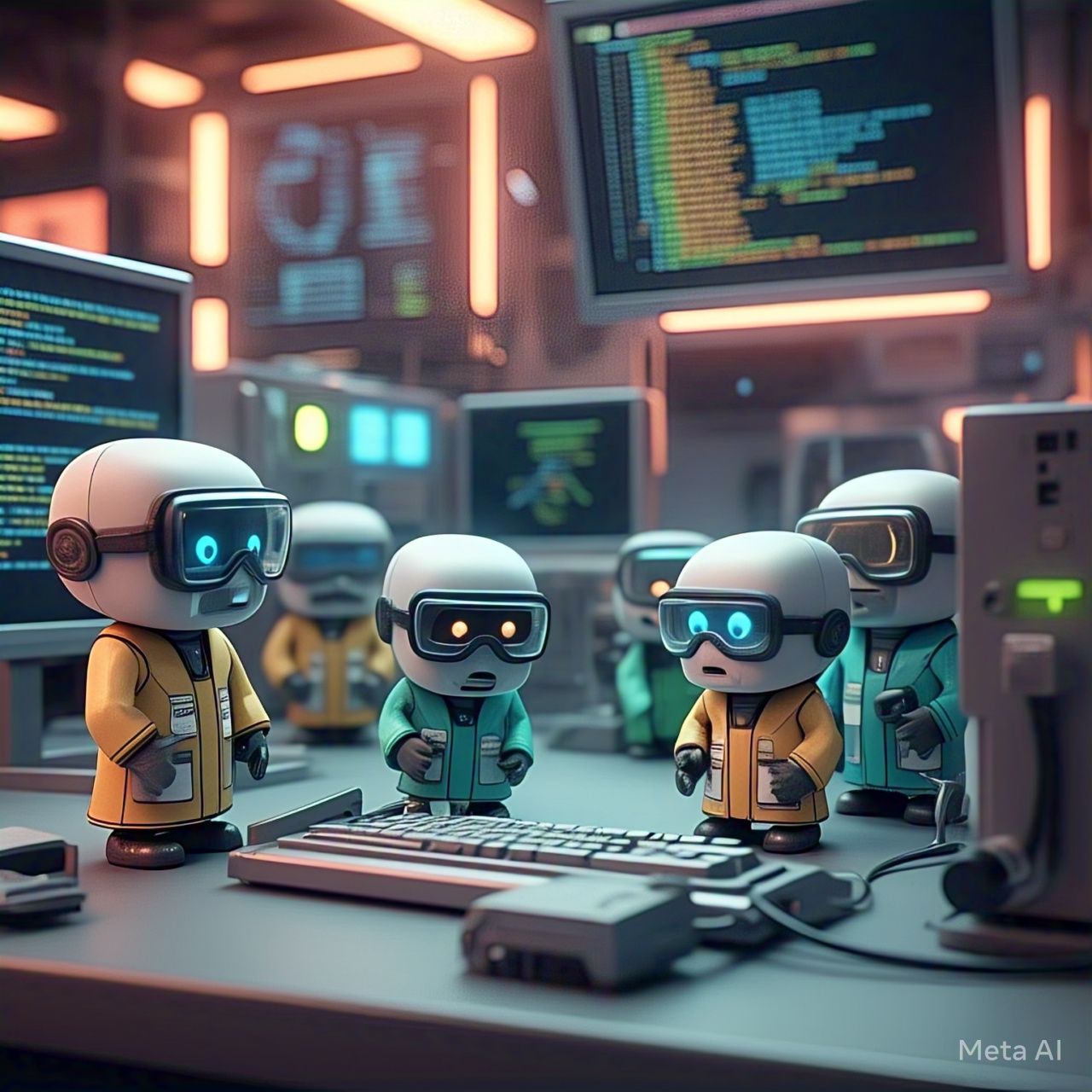Table of Contents
- Introduction
- Understanding AI in Elderly Care
- Types of AI Technologies Used in Elderly Care
- Benefits of AI in Caring for the Elderly
- Challenges and Limitations of AI in Elderly Care
- Ethical Considerations
- Can AI Truly Replace Human Nurses?
- Future of AI in Elderly Care
- Conclusion
- FAQs
- Citations
Introduction
The global elderly population is growing at an unprecedented rate, increasing the demand for skilled caregivers. AI-driven solutions, such as robotic assistants, predictive analytics, and smart monitoring systems, are being explored to support elderly care. But can machines truly replace human nurses, or will they serve as complementary tools to enhance elderly care? This article examines AI’s role in elderly care, its benefits, challenges, and ethical concerns.
Understanding AI in Elderly Care
AI in elderly care encompasses various technologies designed to assist older adults with daily activities, monitor their health, and enhance overall well-being. These technologies range from smart home assistants to robotic caregivers and AI-powered diagnostics.
Key AI Technologies in Elderly Care:
- AI-powered health monitoring devices
- Robotic caregivers and companions
- Smart home automation
- AI-driven fall detection systems
- Virtual healthcare assistants
Types of AI Technologies Used in Elderly Care
| AI Technology | Function |
|---|---|
| Robotic Caregivers | Assist with mobility, hygiene, and companionship. |
| AI Health Monitoring | Tracks vital signs and alerts caregivers in emergencies. |
| Voice Assistants | Helps elderly individuals with reminders, scheduling, and communication. |
| Fall Detection Systems | Uses AI to detect falls and alert emergency responders. |
| Cognitive Support AI | Assists individuals with dementia through reminders and mental stimulation. |
Benefits of AI in Caring for the Elderly
1. 24/7 Monitoring and Assistance
AI-powered devices provide round-the-clock monitoring, ensuring the elderly receive timely assistance in emergencies.
2. Reduced Caregiver Burden
AI automates routine tasks, allowing human nurses to focus on personalized care and medical needs.
3. Enhanced Safety and Security
Smart AI-driven monitoring systems can detect falls, irregular heart rates, and other health emergencies in real-time.
4. Improved Mental Health and Social Interaction
AI chatbots and robotic companions reduce loneliness by engaging seniors in conversation and interactive activities.
5. Personalized Care and Predictive Analytics
AI analyzes health data to predict potential health risks and personalize treatment plans for seniors.
Challenges and Limitations of AI in Elderly Care
1. Emotional and Social Limitations
Machines lack the emotional intelligence, empathy, and human touch that nurses provide, which is crucial in elderly care.
2. Privacy and Ethical Concerns
The use of AI in healthcare raises concerns about data security and patient privacy.
3. High Costs and Accessibility Issues
Many AI-driven elderly care technologies are expensive and not easily accessible to all seniors.
4. Dependence on Technology
Over-reliance on AI could lead to reduced human interaction, negatively impacting the emotional well-being of seniors.
Ethical Considerations
- Loss of Human Connection: AI cannot replace the compassion and emotional support provided by human caregivers.
- Bias in AI Algorithms: AI must be trained on diverse datasets to avoid biases in elderly care recommendations.
- Accountability and Liability: In case of an error, it is unclear who is responsible—the AI developer, caregiver, or healthcare provider.
Can AI Truly Replace Human Nurses?
While AI significantly enhances elderly care, it cannot fully replace human nurses due to the following reasons:
- Empathy and Human Touch: Elderly patients require emotional support, which AI cannot provide.
- Complex Medical Decisions: AI lacks the critical thinking skills needed for complex and unpredictable healthcare scenarios.
- Ethical and Emotional Considerations: Seniors may feel uncomfortable relying solely on machines for personal care.
Instead, AI serves as a valuable complement to human nurses, improving efficiency and quality of care while allowing caregivers to focus on more meaningful interactions with elderly patients.
Future of AI in Elderly Care
1. AI-Powered Wearables and Smart Homes
Future AI-driven devices will seamlessly integrate into homes, monitoring elderly individuals in real-time without intruding on their privacy.
2. Advanced Robotics for Personalized Assistance
AI-powered robots will continue evolving to provide enhanced physical and emotional support to seniors.
3. AI-Assisted Diagnosis and Treatment
AI will play a crucial role in diagnosing and predicting age-related diseases such as Alzheimer’s and Parkinson’s.
4. Ethical AI Development
Future AI solutions will be designed with strict ethical guidelines to ensure fair, unbiased, and responsible elderly care.
Conclusion
AI is transforming elderly care by improving safety, automating tasks, and providing real-time health monitoring. However, AI cannot replace human nurses, as it lacks the emotional intelligence, empathy, and critical thinking required for elderly care. Instead, AI should be viewed as a powerful tool that enhances healthcare delivery, making elderly care more efficient and personalized.
FAQs
1. Can AI completely replace human caregivers?
No, AI can assist in elderly care but cannot replace the empathy, emotional intelligence, and complex decision-making skills of human caregivers.
2. How does AI improve elderly care?
AI improves elderly care by automating tasks, monitoring health conditions, detecting falls, and providing companionship to seniors.
3. What are the risks of using AI in elderly care?
Risks include data privacy concerns, high costs, limited emotional connection, and the potential over-reliance on machines instead of human caregivers.
4. Are AI caregivers expensive?
Yes, many AI-powered elderly care solutions are costly, making them inaccessible to some seniors and families.
5. What is the future of AI in elderly care?
The future includes AI-powered wearables, smarter home automation, and more advanced robotic companions to enhance the quality of elderly care.
Citations
- Smith, J. (2023). AI and the Future of Elderly Care: Balancing Technology with Compassion. Journal of Geriatric Medicine.
- Johnson, R. (2022). The Role of Robotics in Nursing: Can AI Replace Human Touch?. AI & Healthcare Review.
- Lee, K. (2023). Smart Homes and AI-Powered Assistance for Seniors. Digital Health Journal.




